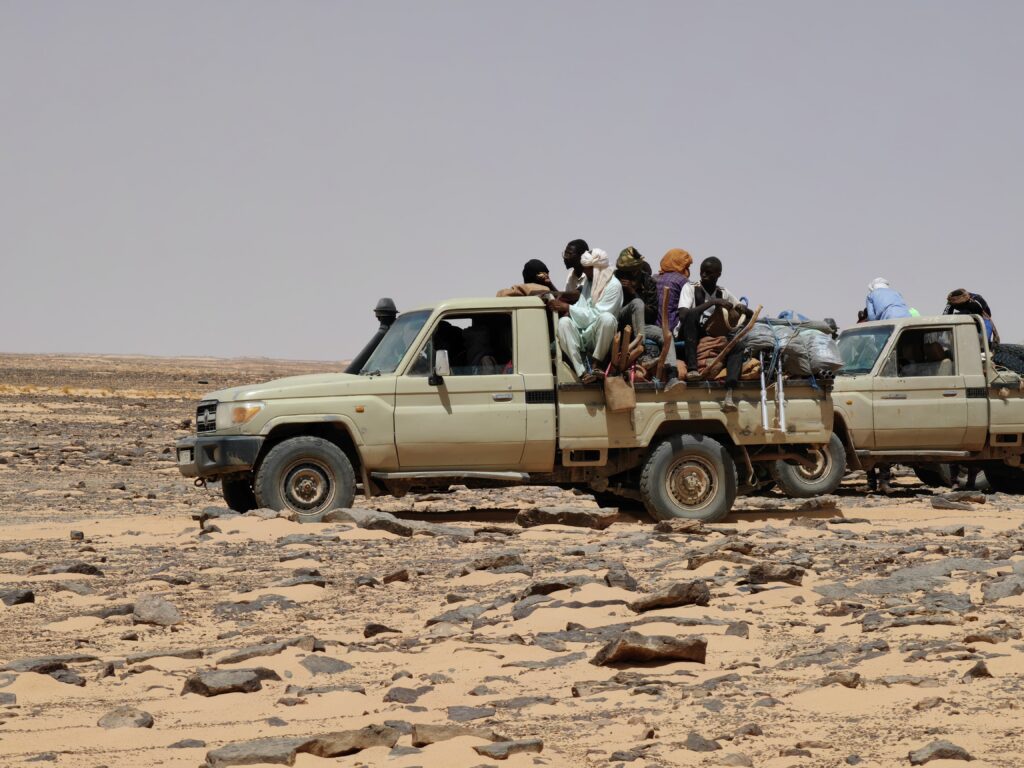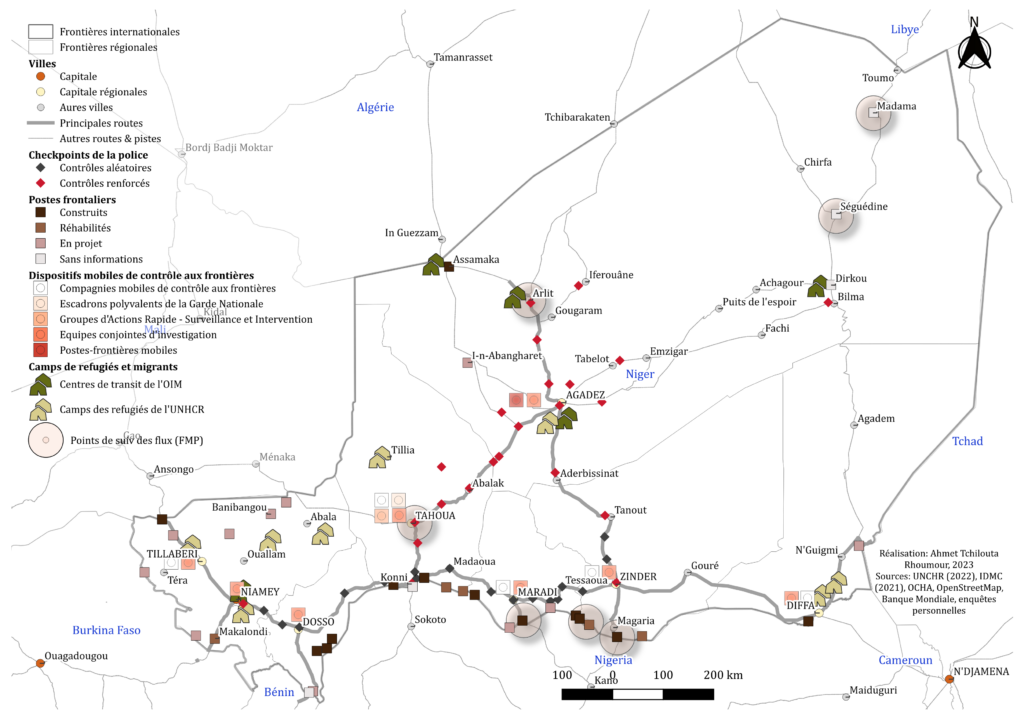This article co-authored with Laurent Gagnol and Abdoulkader Afane and published in Revue internationale des études du développement, delves into the complexities of artisanal gold mining (orpaillage) in Niger, a sector involving over 800,000 people, reshaping development and power dynamics in developing states. Despite its considerable socio-economic impact, artisanal gold mining is often perceived negatively, with a focus on its socio-environmental issues and links to migration and criminal activities.
The study reveals that artisanal gold mining has significantly influenced the demographic and economic growth of various communities in Niger. This growth has challenged traditional norms of land ownership and led to new territorial disputes. Local municipalities have actively managed these mining sites, frequently operating outside established legal frameworks due to the lack of effective state intervention.
Politically and ethically, the artisanal gold mining sector in Niger presents complex dynamics. The phenomenon has introduced intricate political maneuvers, including electoral fraud and clientelism, as local elites and mining patrons manipulate their influence for favorable outcomes. Furthermore, the regularization of certain mining activities has led to the marginalization and criminalization of others, thus maintaining a selective tolerance for legal transgressions.
The state’s selective enforcement of mining laws has resulted in varied regulations of artisanal mining practices. Certain practices are tolerated or encouraged due to clientelist interests, profoundly affecting the mobility and rights of artisanal miners. This often relegates them to precarious or illegal statuses.
In conclusion, the article posits that while artisanal gold mining in Niger has the potential for significant socio-economic contributions, it currently faces complex ethical, legal, and political challenges. The prevalence of ‘illegalisms’ in the sector reflects the state’s selective law enforcement, underscoring the need for a more equitable and just regulatory framework. The analysis calls for an ethical reflection on the mining sector, advocating for balanced development that respects the rights and livelihoods of all involved stakeholders.
This exploration of artisanal gold mining in Niger highlights the sector’s potential for development while also emphasizing the urgent need for regulatory reforms to address its inherent challenges and injustices.


